Covid inquiry: what we have heard so far
Public inquiry hears damning evidence from scientists amid finger-pointing from ministers and civil servants alike
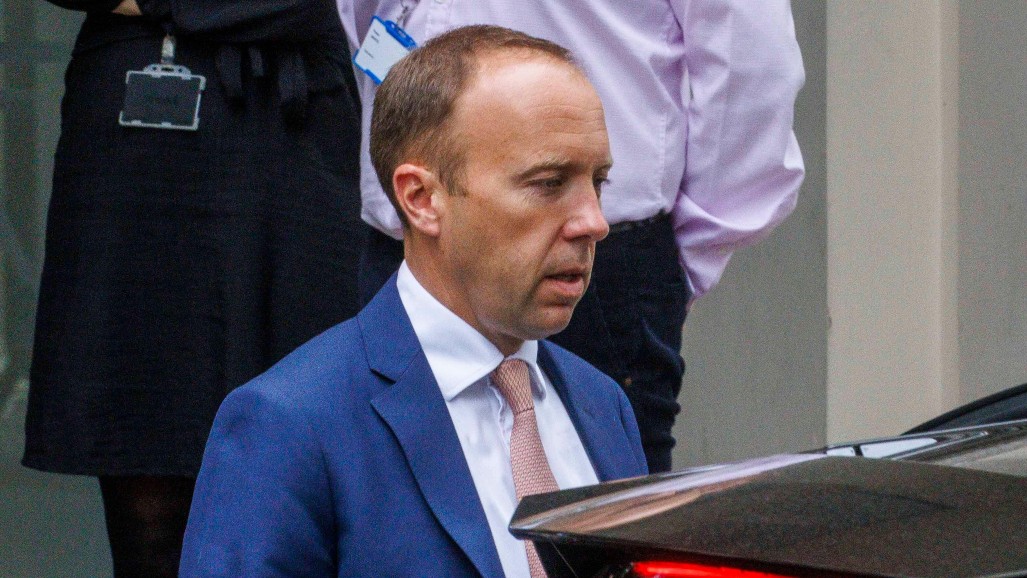
A free daily email with the biggest news stories of the day – and the best features from TheWeek.com
You are now subscribed
Your newsletter sign-up was successful
Relatives of those who died during the Covid-19 pandemic turned their backs on Matt Hancock as he arrived to give his testimony at the Covid inquiry.
Some shouted “killer” at the former health secretary, who made his appearance during the second week of the witness stage of the public inquiry, which comes as part of a wider investigation into the UK’s pandemic preparedness.
Following testimony from high-profile figures including David Cameron and Chris Whitty, here are five key revelations that have emerged so far.
The Week
Escape your echo chamber. Get the facts behind the news, plus analysis from multiple perspectives.

Sign up for The Week's Free Newsletters
From our morning news briefing to a weekly Good News Newsletter, get the best of The Week delivered directly to your inbox.
From our morning news briefing to a weekly Good News Newsletter, get the best of The Week delivered directly to your inbox.
Social care plans were in disarray
As he arrived to give his testimony to the inquiry, grieving relatives “turned their backs on Matt Hancock”, reported the Mirror.
The former health secretary criticised the UK’s pandemic planning before Covid, saying it was “completely wrong”, and said he was “profoundly sorry” for each death.
Under questioning, Hancock revealed the scale of under-preparedness in social care for a pandemic, which he described as “terrible”. He admitted his department did not have in place a “single coherent plan” to identify vulnerable users of social care and there was insufficient national guidance for pandemic preparedness in the sector.
Former head of Public Health England, Duncan Selbie, later admitted to the inquiry: “Social care was just not on our radar…there’s no getting away from that.”
A free daily email with the biggest news stories of the day – and the best features from TheWeek.com
Was the UK preparing for ‘wrong type of pandemic’?
In his appearance at the inquiry, David Cameron was asked whether his government had adequately prepared the health system to be able to deal with the full range of possible pandemics.
The former prime minister “faced an hour-long grilling”, said The Independent, as he became the first politician to appear before the inquiry.
In his testimony, Cameron, who was PM between 2010 and 2016, admitted that it was a “mistake” for his government to have focussed too heavily on preparations for a flu pandemic rather than one like Covid-19.
He acknowledged that he had “regret” that “more questions weren’t asked about the sort of pandemic that we faced”, one of asymptomatic, highly infectious transmission like Covid.
‘Ready for flu, ready for anything’ was ‘incorrect’
The permanent secretary of the health and social care department since 2016, Chris Wormald, told the inquiry that the government’s pandemic planning had been affected by the incorrect assumption that if they were preparing for influenza pandemics, such as swine or bird flu, they were adequately addressing the biggest potential threat.
“The approach taken was ‘ready for flu, ready for anything’”, Wormald said, but added that this “may have been incorrect… The thinking at the time was, you made a plan for influenza as the most likely risk and is still one of the most dangerous risks and then you adapted that plan. That is thinking that we have moved on from.”
However, in his testimony Wormald also “denied that there was ever a national shortage of PPE”, the Daily Mail said.
The impact of austerity
George Osborne, the chancellor under David Cameron, “disputed allegations from medics and unions that his cuts left health and social care depleted”, Sky News said.
Dame Jenny Harries, the chief executive of the UK Health Security Agency, told the inquiry that cuts to local government funding in the years before the pandemic put public health services under “significant pressure”.
During his appearance, however, Osborne said he did not accept the assertion that “the consequences of austerity were a depleted health and social care capacity and rising inequality in the UK”. Rather, he suggested that without his cuts, Britain “would have been more exposed, not just to future things like the coronavirus pandemic but indeed to the fiscal crisis which very rapidly followed in countries across Europe”.
Osborne insisted that the policy of austerity “had a material and positive effect on the UK’s ability to respond to the Covid pandemic”.
Could lockdown have been avoided?
Current chancellor and the health secretary between 2012 and 2018, Jeremy Hunt said that by the time testing and isolation was considered for Covid, transmission rates were too high, so lockdown became the only viable option.
“Had we got on the case much earlier with that approach, we might have avoided that,” Hunt claimed.
Lessons were not learned from South Korea, he told the inquiry, which devised its own response to the Covid pandemic in response to an outbreak of Mers, another coronavirus, in 2015. Consequently, it had taken greater steps to slow down Covid when it emerged.
South Korea, Hunt told the inquiry, “did not have a lockdown in the first year of the pandemic”. Failing to learn from East Asia was a “blind spot”, he said.
Arion McNicoll is a freelance writer at The Week Digital and was previously the UK website’s editor. He has also held senior editorial roles at CNN, The Times and The Sunday Times. Along with his writing work, he co-hosts “Today in History with The Retrospectors”, Rethink Audio’s flagship daily podcast, and is a regular panellist (and occasional stand-in host) on “The Week Unwrapped”. He is also a judge for The Publisher Podcast Awards.
-
 The ‘ravenous’ demand for Cornish minerals
The ‘ravenous’ demand for Cornish mineralsUnder the Radar Growing need for critical minerals to power tech has intensified ‘appetite’ for lithium, which could be a ‘huge boon’ for local economy
-
 Why are election experts taking Trump’s midterm threats seriously?
Why are election experts taking Trump’s midterm threats seriously?IN THE SPOTLIGHT As the president muses about polling place deployments and a centralized electoral system aimed at one-party control, lawmakers are taking this administration at its word
-
 ‘Restaurateurs have become millionaires’
‘Restaurateurs have become millionaires’Instant Opinion Opinion, comment and editorials of the day
-
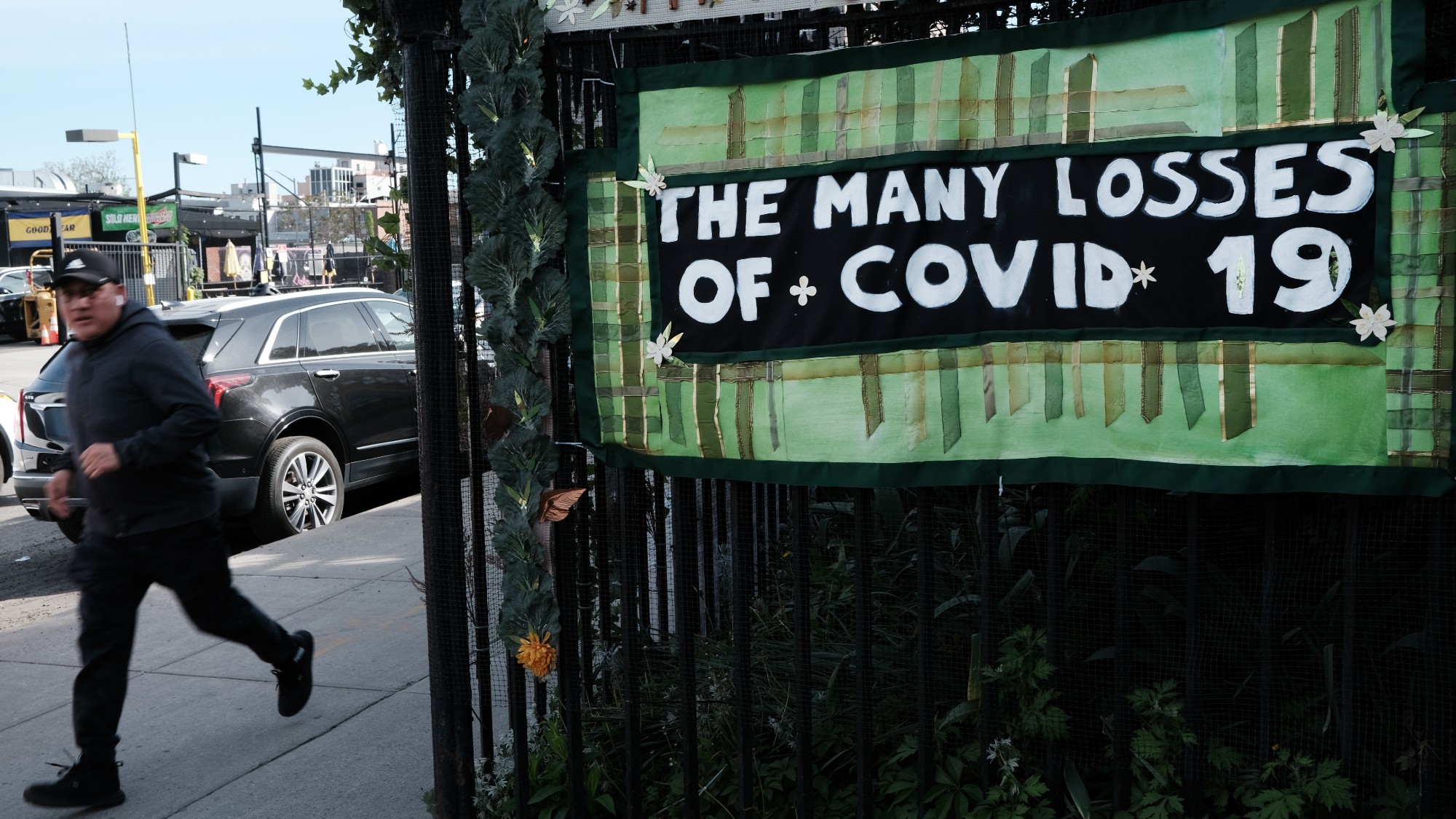 'There is a certain kind of strength in refusing to concede error'
'There is a certain kind of strength in refusing to concede error'instant opinion 'Opinion, comment and editorials of the day'
-
 'Most Americans have never heard of the Office of Net Assessment'
'Most Americans have never heard of the Office of Net Assessment'Instant Opinion Opinion, comment and editorials of the day
-
 'What Americans really need is access to safer products'
'What Americans really need is access to safer products'Instant Opinion Opinion, comment and editorials of the day
-
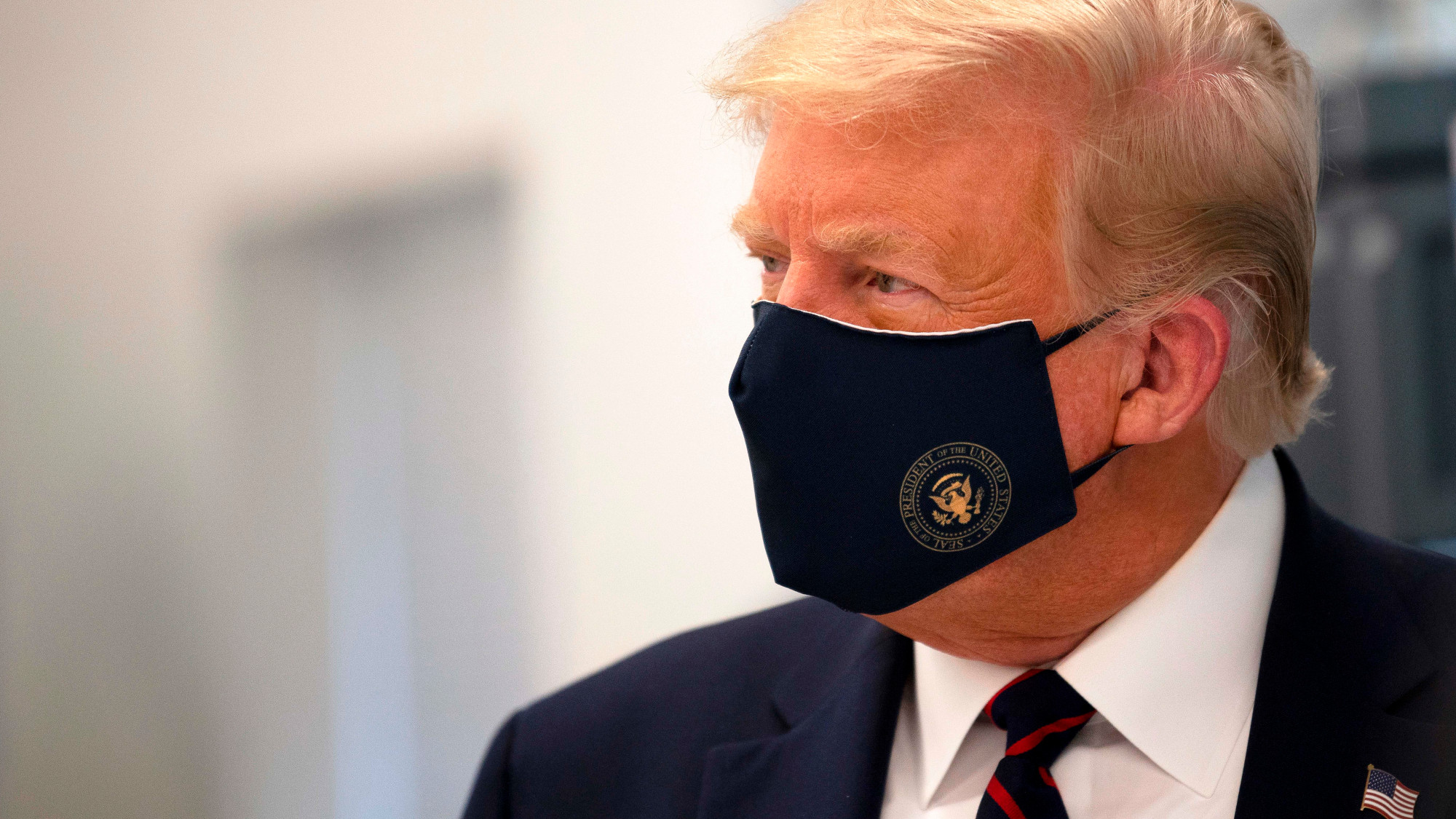 Unprepared for a pandemic
Unprepared for a pandemicOpinion What happens if bird flu evolves to spread among humans?
-
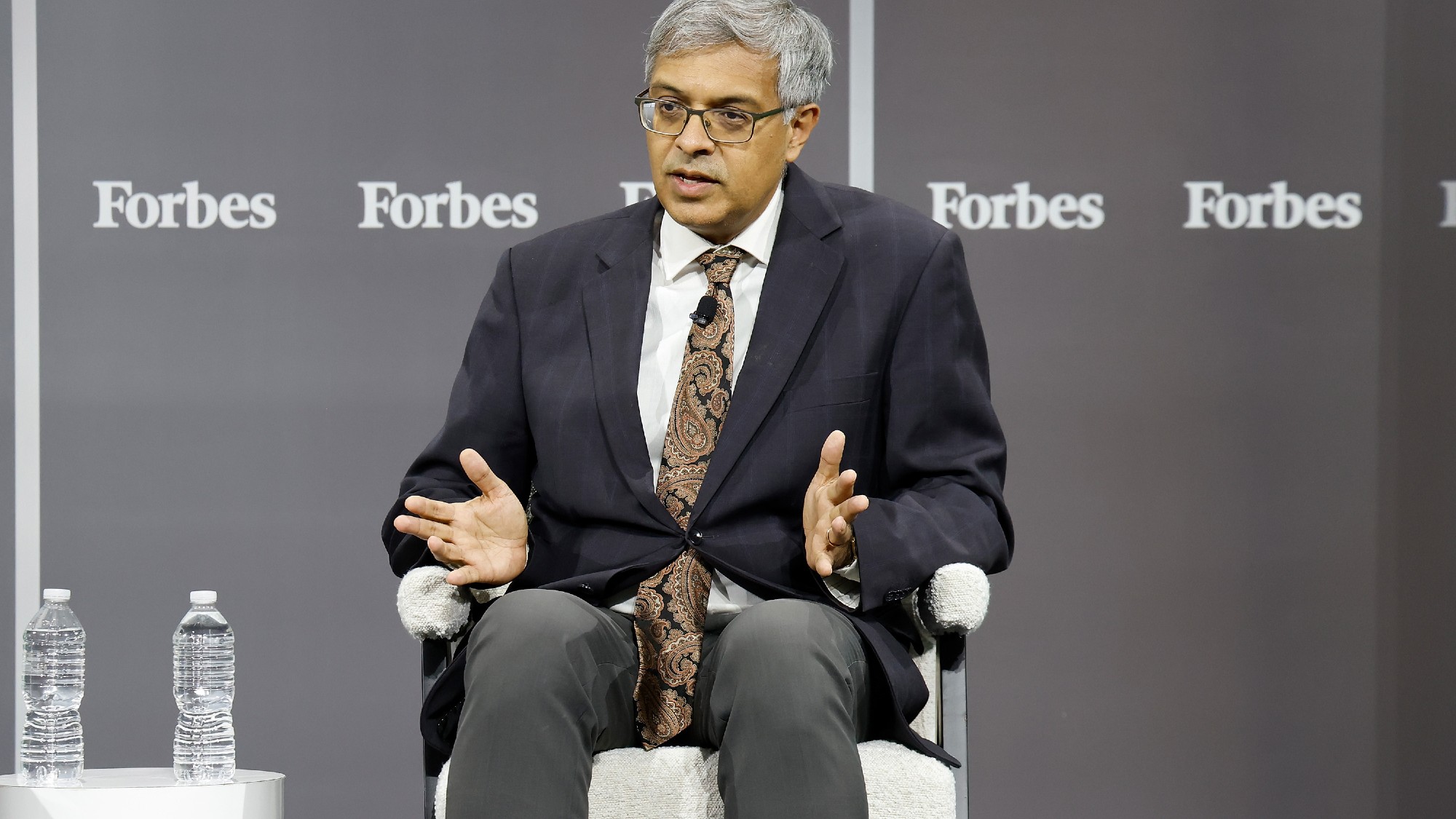 Jay Bhattacharya: another Covid-19 critic goes to Washington
Jay Bhattacharya: another Covid-19 critic goes to WashingtonIn the Spotlight Trump picks a prominent pandemic skeptic to lead the National Institutes of Health
-
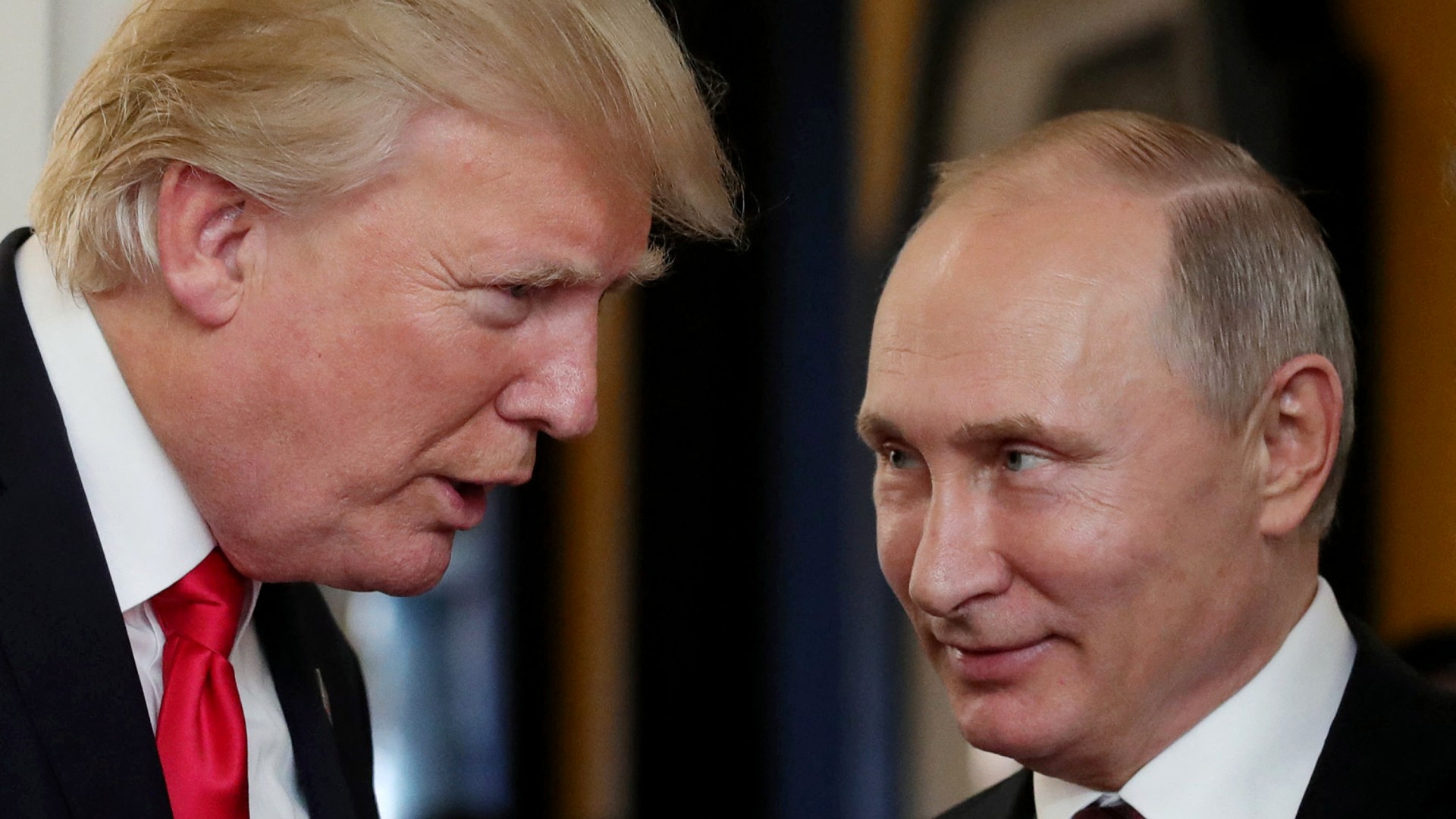 Bob Woodward's War: the explosive Trump revelations
Bob Woodward's War: the explosive Trump revelationsIn the Spotlight Nobody can beat Watergate veteran at 'getting the story of the White House from the inside'
-
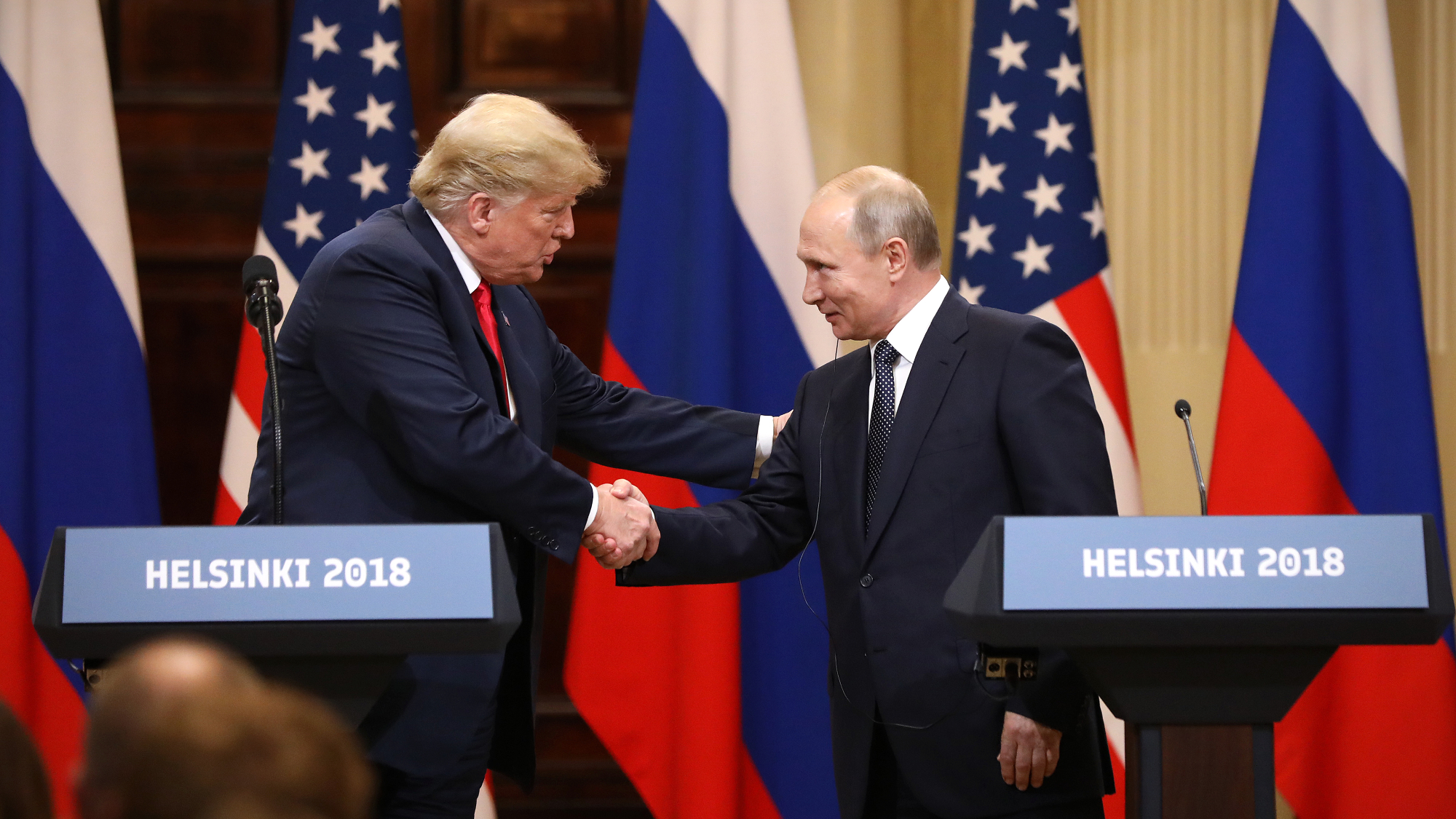 Trump kept up with Putin, sent Covid tests, book says
Trump kept up with Putin, sent Covid tests, book saysSpeed Read The revelation comes courtesy of a new book by Bob Woodward
-
 'The federal government's response to the latest surge has been tepid at best'
'The federal government's response to the latest surge has been tepid at best'Instant Opinion Opinion, comment and editorials of the day